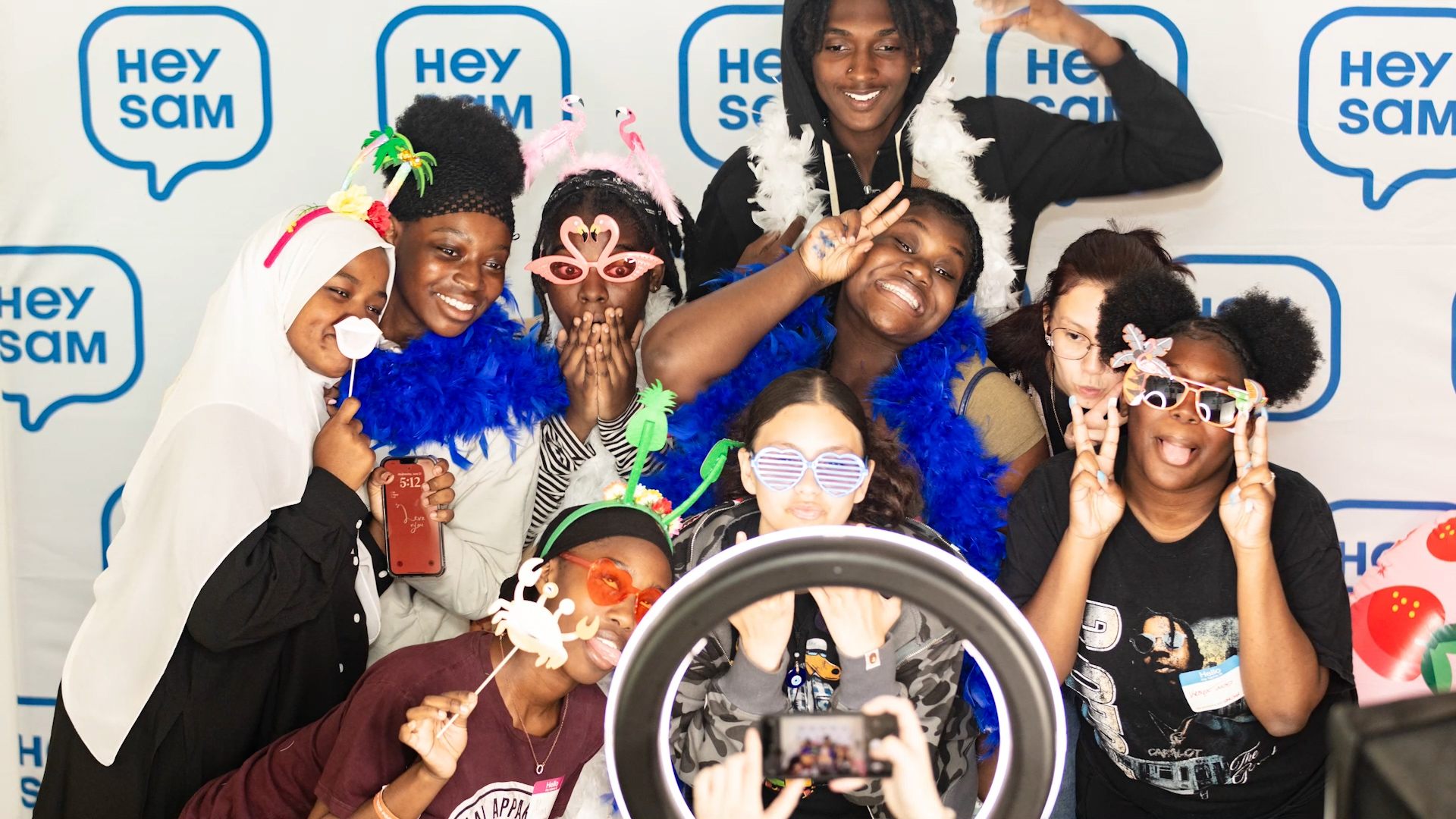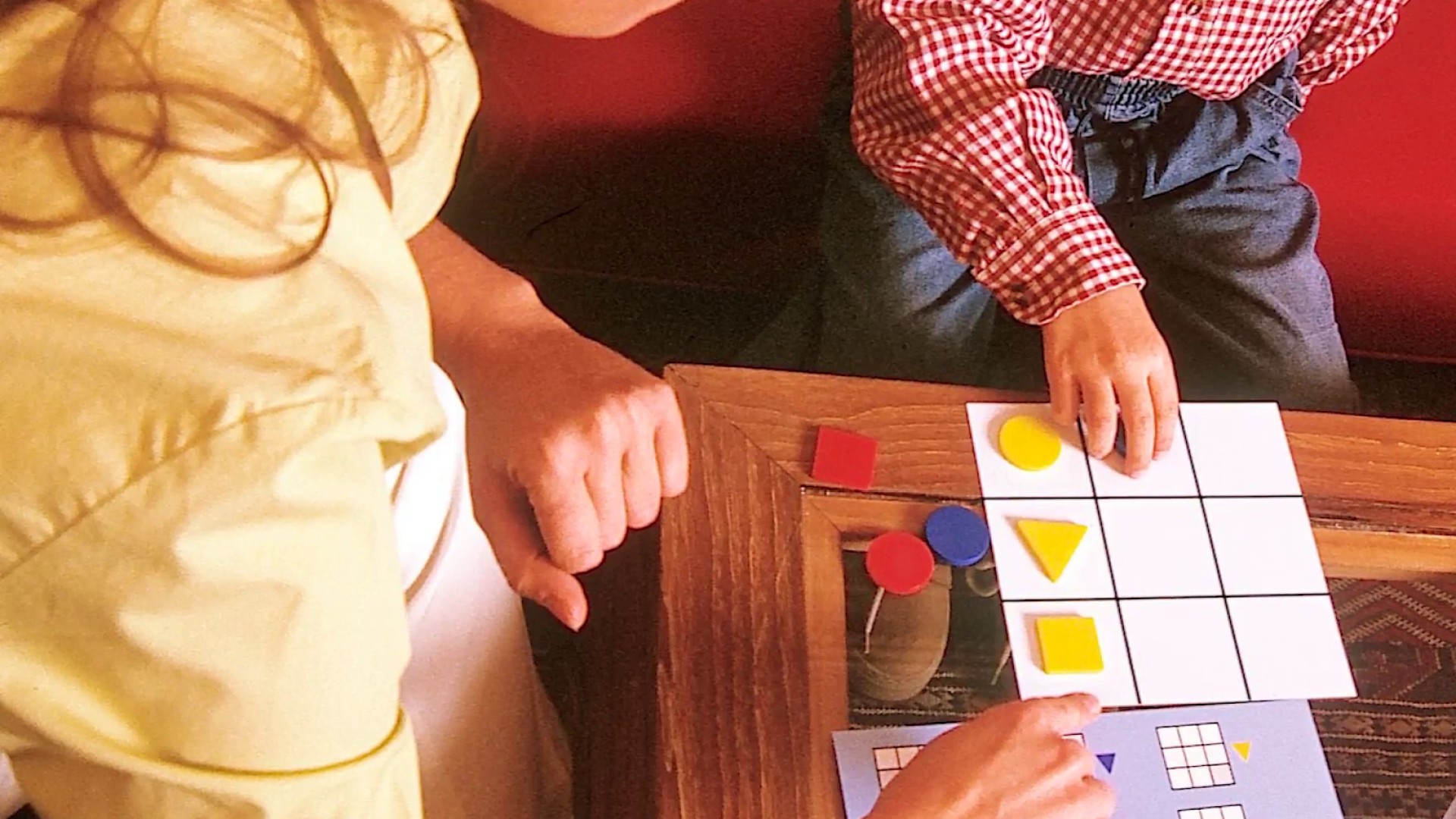Para leer en español, haz clic aquí.
Regular health care screenings are a common part of our medical treatment, and screenings for mental health concerns have become increasingly common in pediatricians' offices and schools across the country.
According to the National Alliance on Mental Illness, around 50% of lifetime mental health conditions start by age 14 and early intervention can have a big impact. We sat down with Dr. Felix Trede of the East Boston Neighborhood Health Center to talk about why mental health screenings can help and how to know if it's time to take your child in for one.
"The sooner we recognize some of those early signs of a developing mental health disorder, the more effectively we can intervene and oftentimes prevent that from developing into something more serious and more difficult to treat," Trede explains.
Get Boston local news, weather forecasts, lifestyle and entertainment stories to your inbox. Sign up for NBC Boston’s newsletters.
Trede says screenings can help detect internalized symptoms that may be less noticeable, and can also flag early signs of a mental health disorder, which allows for that earlier intervention and better outcomes.
"We can experience internalized or externalized symptoms of depression and anxiety, and those internalized symptoms are often less noticeable. And so screenings can really help detect those symptoms."
The process involves answering a series of questions. For younger children, filling out the questionnaire may require a parent, but Trede recommends letting older children answer alone – there may be things they prefer to keep private.
If your child has never undergone a screening, Trede says it’s important to look out for potential signs of a problem.
Some of the most common in young people include increases in anxiety and depression, which have been on the rise since the pandemic.
More on mental health
"I would be on the lookout for increases in social isolation and loneliness, increases in hopelessness. If you're noticing your child is showing less interest in connecting with other people and with peers in person and is spending excessive time on social media, sometimes that can be a warning sign as well," he said.
Other signs can include changes in sleep and appetite, withdrawal, or a lack of interest in activities that once gave them pleasure.
And sometimes, Trede says, psychological symptoms may become physical.
"If you're noticing your child is having chronic pains, stomach aches, headaches that don't seem to have a clear medical explanation, those can also be some warning signs."
Screenings, which may take place at a pediatrician’s office, in schools, online or in other support settings, are not a diagnostic tool, and only work if there’s a follow-up on any recommendations
"The screenings are really just something that flags potential warning signs of potential concerns of a mental health issue. It's then the mental health professional’s job to evaluate that further and help the child and the parents and the family decide on next steps," Trede explained.
A provider can offer a referral for long-term therapy or other care. If the situation is more serious, more immediate steps can be taken.
"If there seem to be more urgent needs or more severe symptoms, perhaps a referral to a higher level of care would be considered. That could include a crisis stabilization unit, a partial hospitalization program."
The National Suicide and Crisis Lifeline is available by phone at 988. And if you’re looking for in-person help, there are options out there.
The East Boston Neighborhood Health Center recently opened a behavioral health urgent care center at 10 Gove Street in East Boston. The center can take patients starting at age 6 and up. It’s open to any member of the public, regardless of insurance status. It, and other centers like it, are designed specifically to manage a behavioral health crisis. These kinds of centers can cut down on long waits for mental health care that have been reported in recent years at emergency rooms in children's hospitals.
Trede stressed that in the end, it’s the job of the parent to determine the right course of action for their child.
"I want to emphasize parents have the ultimate decision-making power. Children won't be placed in treatment that the parent doesn't approve of. But I do want to state that screenings are important, right? They could be the difference between detecting early signs of a mental health condition and effectively treating it versus a disorder going unnoticed, progressing more seriously and then developing into something that becomes more difficult to treat."
And it’s worth noting that screenings can not only flag a potential issue, but can also help you track progress during a treatment plan.
Get updates on what's happening in Boston to your inbox. Sign up for our News Headlines newsletter.




